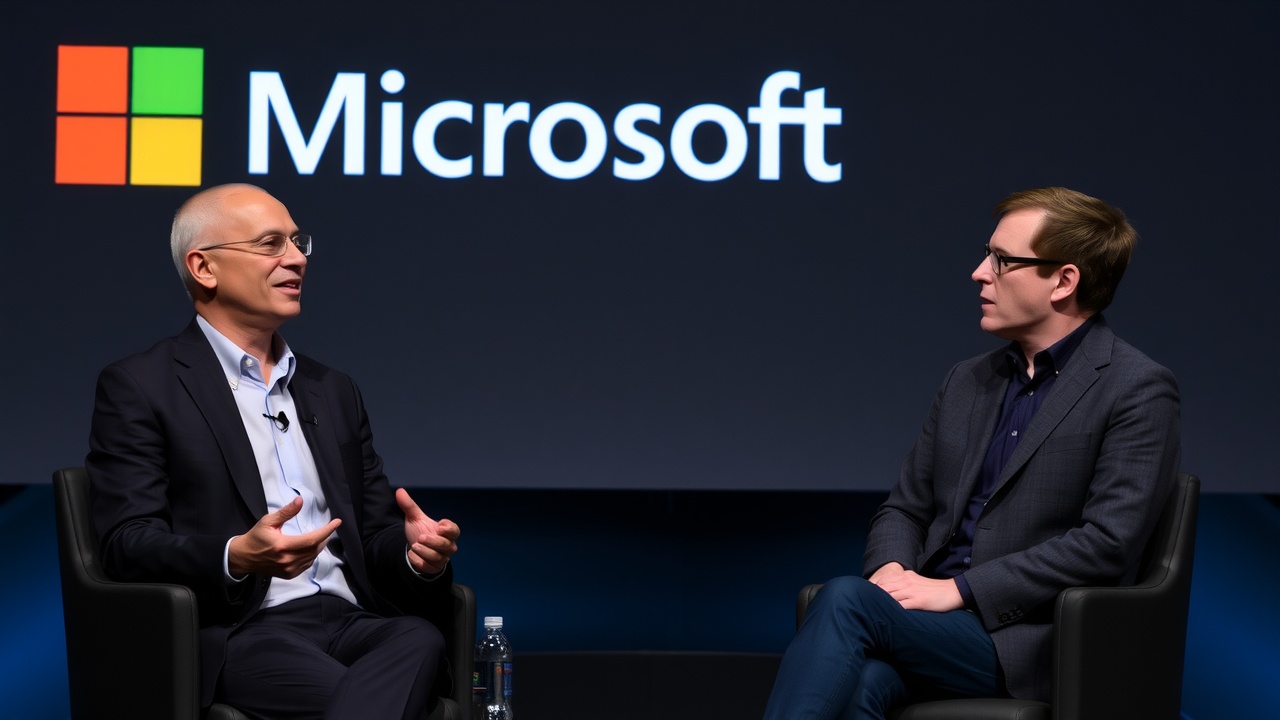
There seems to be a problem with Microsoft's joint venture with ChatGPT developer OpenAI
How do the two groups fare now?
The partnership between Microsoft and ChatGPT's creator, OpenAI, has been "one of the most successful partnerships in tech history" for the past six years, according to Berber Jin of The Wall Street Journal. Microsoft gave early access to OpenAI's technology and almost half of its profits in exchange for funding that fueled the company's rise. The relationship, however, might be in jeopardy right now. OpenAI's £3 billion acquisition of Windsurf, a coding start-up that directly competes with Microsoft, has the two companies at odds. Additionally, discussions about OpenAI becoming a for-profit business have come to a standstill.
According to Bloomberg's Brody Ford and Shirin Ghaffary, the relationship between Microsoft and OpenAI was "already fraught" prior to this "behind-the-scenes dogfight." Although it has invested £14 billion in OpenAI, Microsoft has also started building its own AI models and supported competing AI start-ups. In the meantime, OpenAI has inked agreements with "competing cloud computing partners and has devoted a significant portion of the last two years to developing a range of paid subscription products for individuals, businesses, and educational institutions."
OpenAI or Microsoft: who is better?
Given how "crucial" it is for OpenAI's future to become a for-profit company, experts think Microsoft has the advantage, according to the Financial Times. This is because, in the event that OpenAI failed to alter its status, the majority of other investors who contributed to Sam Altman's business did so only with the understanding that they could convert their equity investment into debt or even request their money back. For example, if the conversion is not finished by the end of the year, SoftBank may reduce its £30 billion investment by £10 billion, according to rumors.
However, Benj Edwads of Ars Technica notes that if Microsoft rejects its offer of a 33 percent stake in a restructured unit in exchange for giving up the right to future profits, OpenAI might have some tricks of its own. One of these is the "nuclear option" of requesting a federal regulatory review of its Microsoft contract terms for possible violations of antitrust laws. "Microsoft is using its dominant position in cloud services and contractual leverage to suppress competition," OpenAI would probably contend in that scenario.
According to Karen Kwok of Breakingviews, OpenAI has a number of potential "sweeteners," like extending Microsoft's exclusivity over its technology or denying access to new models. Although this might not sit well with other investors, it might also give Microsoft a new class of shares that would give it excessive control.
But since OpenAI is currently "incinerating cash," it may be forced to reduce its plans for creating new products if nothing else works. "Send ripples through the wider market," as investors have hurried into more than £120 billion in generative AI start-up fundraising since 2023, would follow. Although this might not be significant if AI turns into a commodity anyhow, it would at least quell "mania" around AI.














Leave a comment on: OpenAI and Microsoft's collaboration is in jeopardy